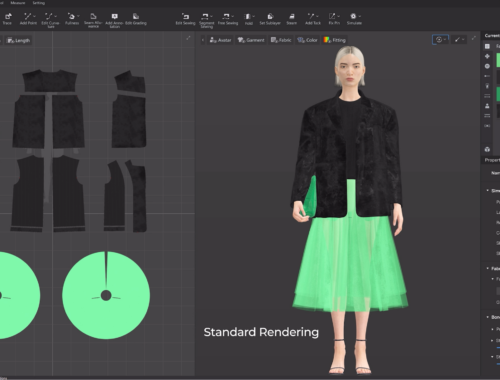Training for the top
Training for the top
João Delgado on the importance of training at all stages of a career.
João Delgado learned the value of training in his very first job. Having graduated in law, Delgado started working at a bank in his native Portugal, but quickly realised that he knew very little about the realities of banking law. “I had the theory but not the practical side. My three months of training at the bank were essential,” says Delgado, who now works in the European Commission’s education and culture department, as head of unit for vocational education and training policy, and the Leonardo da Vinci programme.
Delgado is proud of the Leonardo da Vinci programme, which helps around 80,000 people a year take a training course or work placement in another EU member state. The programme is open to young people looking to gain the necessary skills to get their first job and those further on in their career who want to update their skills.
“Training is not just something for when you lose your job or risk losing your job; it should be a continuous process to keep your skills up-to-date,” Delgado says.
Vocational training will remain an important part of the Commission’s education programme under a proposal recently announced by Androulla Vassiliou, the European commissioner for education, culture, multilingualism and youth.
Vassiliou wants to bring most of the programmes that she oversees under one umbrella, called Erasmus for All; and that would involve a name change for the established vocational training programme.
As well as managing the Leonardo da Vinci programme, Delgado’s unit is also responsible for promoting vocational education and training (VET) policy across the EU. “In some countries, VET is seen as a drop-out way of education. We are trying to change that image,” says Delgado.
It tries to do this through initiatives such as the European credit-transfer system for vocational education and training, which aims to make it easier for skills acquired in one country to be recognised in another, and the inclusion of VET in the European qualifications framework, which allows vocational qualifications from different national systems to be compared more easily.
Eyes on Europe
Delgado started work in the Commission in 1988, but a career in the EU institutions had been on the cards since his student days. His law degree from the Catholic University of Lisbon had a strong element of EU law, and he spent a year at the College of Europe in Bruges.
After a stint back in Portugal, first working in a bank and then as a lawyer, he got his first job at the Commission, working on structural- fund policies. He then moved to focus on the European Development Fund, a position that involved trips to the Caribbean to monitor how the money was being spent. Delgado’s next job in the Commission saw him working on European employment strategy.
“I like to change. I like the possibility of different tasks,” says Delgado. What has been common to all of his jobs in the Commission, he says, is the management of programmes and projects. In 2003, Delgado began dealing with education and training policy; he moved to his current position in 2007.
He considers one of his main achievements to be the work carried out in the run-up to October 2010, when the Commission, education ministers and representatives of employers and unions agreed on common VET objectives and an action plan for the coming decade, the so-called ‘Bruges communiqué’.
“By 2020, European VET systems should be more attractive, relevant, career-oriented, innovative, accessible and flexible than in 2010,” the communiqué stated.
As Delgado says: “Our societies cannot progress and modernise without a strong emphasis on training.”
Anna Jenkinson is a freelance journalist based in Brussels.
Click Here: Cheap FIJI Rugby Jersey
You May Also Like

HOW TO PREVENT MOLD AND MILDEW ON TRUCK TARPAULINS?
November 22, 2024
AI in Fashion: Revolutionizing Design, Shopping, and Supply Chains
February 28, 2025